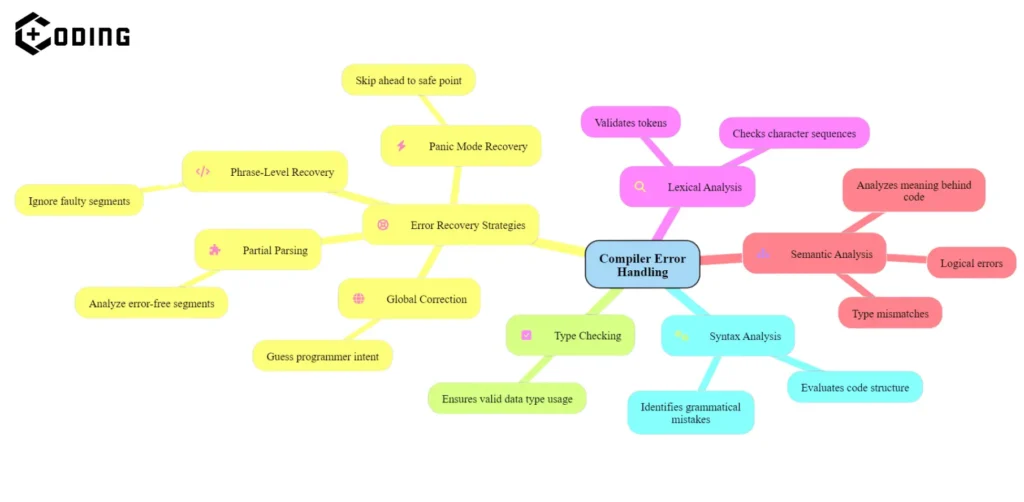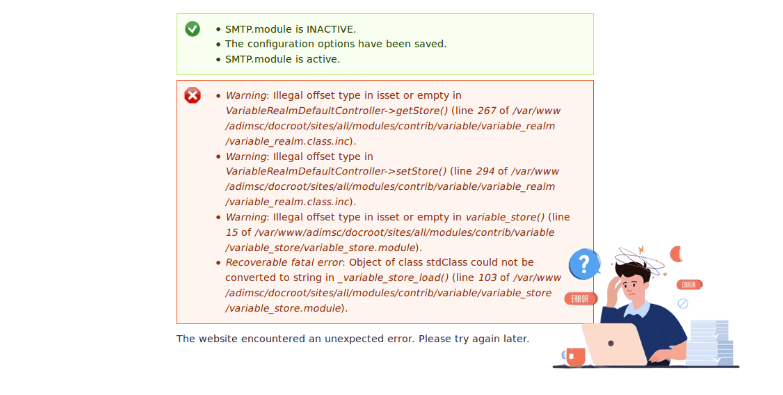Error handling in compiler design is like discovering and fixing errors in a formula. Error handling in compiler design helps to catch these errors and tell you what went wrong, like if you missed a semicolon or spelled a word wrong.
It’s important because it helps programmers fix their mistakes quickly and keeps the program running smoothly. The error handling can even help the compiler keep working despite finding errors.
Ways of Error Handling in Compiler Design
There are different ways to find mistakes in the code:
Lexical Analysis
This suggests looking at the words and symbols in the code to catch mistakes like spelling errors or using symbols that don’t make sense.
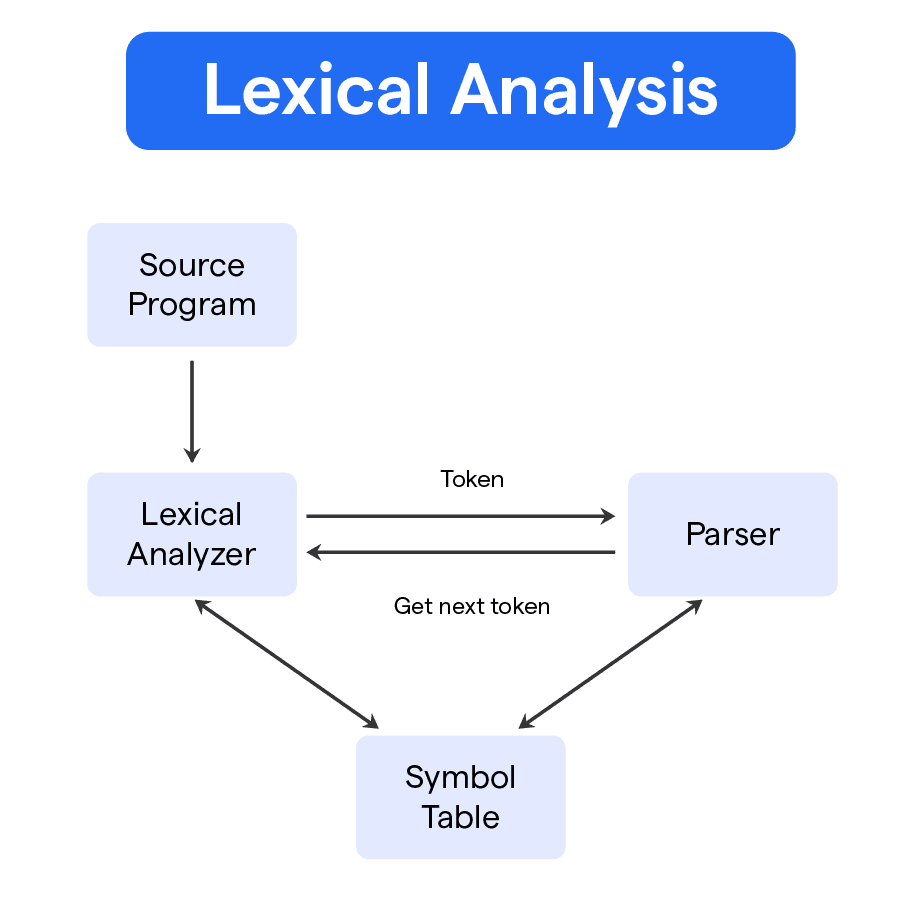
Syntax Analysis
It checks if the design of the code follows the rules of the programming language. It catches mistakes like forgetting to end a line with a semicolon or using brackets in the wrong way.
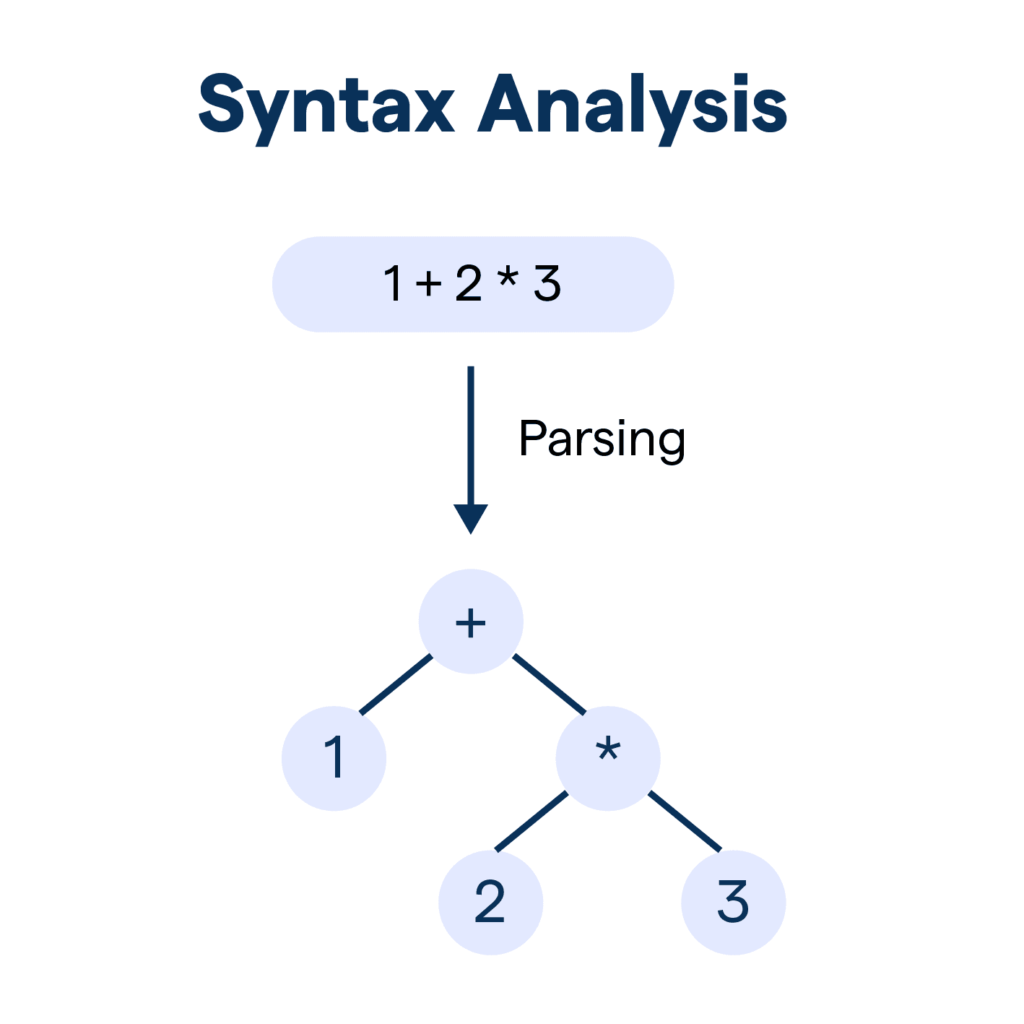
Semantic Analysis
Semantic examines more in-depth into what the code means, above just how it’s written. It finds mistakes like using the incorrect type of data or trying to do something that doesn’t make sense.
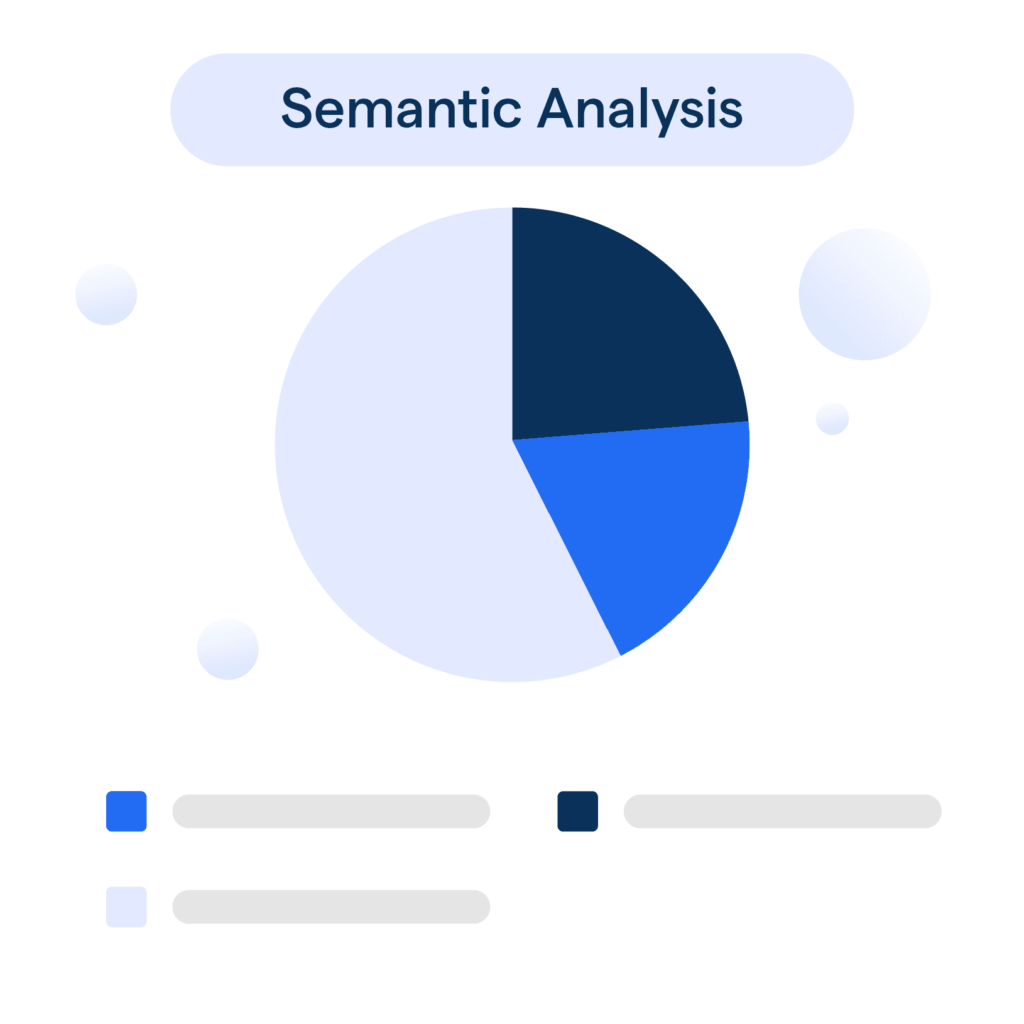
Type Checking
Confirm that the types of data used in the code fit jointly properly. It finds mistakes like trying to do math with words rather than numbers.
Error Recovery Strategies
In creating computer programs mistakes occur while placing the code together. Error recovery is like having a backup plan for these mistakes so that the program can keep running even if there’s an error. There are different ways to handle mistakes in compiler design:

Panic Mode Recovery
When an error is found, the compiler stops and jumps onto a safe place in the code to keep working from there. This helps to avoid more problems and lets the compiler keep going.
Phrase-Level Recovery
This method finds and misses over parts of the code with errors, then begins again from a generally good place. It’s like fixing a broken sentence and beginning over from where it makes sense.
Global Correction
The compiler tries to fix errors automatically by guessing what the programmer meant. For example, it might add missing punctuation or change the names of variables to match.
Partial Parsing
If there are bad errors that make it hard to understand the full code, the compiler might only focus on the parts without mistakes. This way, it can still give useful error messages for the rest of the code.

